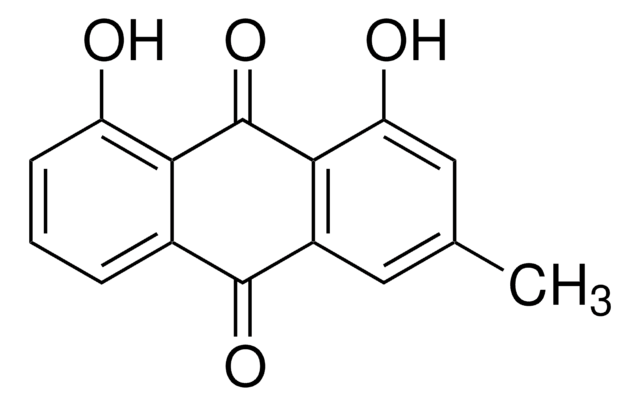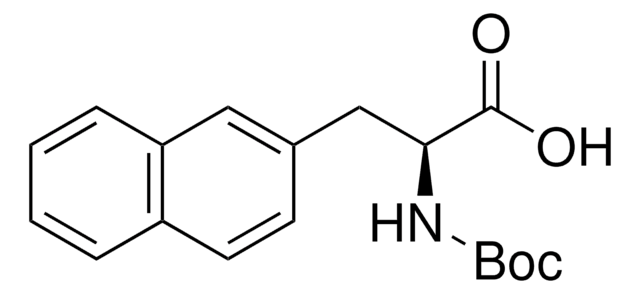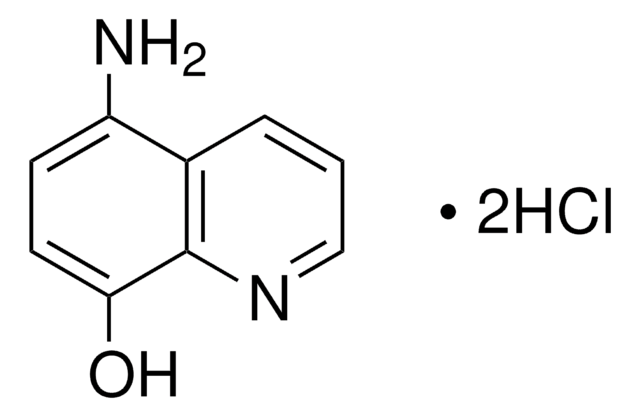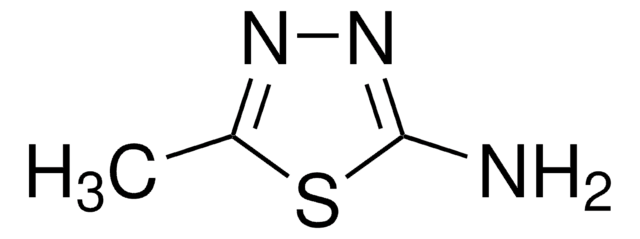All Photos(1)
About This Item
Empirical Formula (Hill Notation):
C41H53N11O12
Molecular Weight:
891.93
UNSPSC Code:
12352200
NACRES:
NA.32
Recommended Products
Assay
≥95% (HPLC)
form
lyophilized
composition
Peptide Content, ≥73%
storage condition
protect from light
storage temp.
−20°C
Amino Acid Sequence
Asp-Pro-Ala-Phe-Asn-Ser-Trp-Gly-NH2
Application
Leucokinin I is a myotropic kinin-related neuropeptide is used to study its cell signaling pathway and kinin receptor interactions.
Storage Class Code
11 - Combustible Solids
WGK
WGK 3
Flash Point(F)
Not applicable
Flash Point(C)
Not applicable
Certificates of Analysis (COA)
Search for Certificates of Analysis (COA) by entering the products Lot/Batch Number. Lot and Batch Numbers can be found on a product’s label following the words ‘Lot’ or ‘Batch’.
Already Own This Product?
Find documentation for the products that you have recently purchased in the Document Library.
K Elekes et al.
The Journal of comparative neurology, 341(2), 257-272 (1994-03-08)
In this study, an antiserum raised against an insect myotropic peptide, leucokinin I (DPAFNSWGamide), was used for mapping leucokinin-like immunoreactive (LK-LI) neurons in the gastropod mollusc, Helix pomatia. Immunocytochemistry performed on both whole-mounts and cryostat sections demonstrated LK-LI neurons in
Bader Al-Anzi et al.
Current biology : CB, 20(11), 969-978 (2010-05-25)
Total food intake is a function of meal size and meal frequency, and adjustments to these parameters allow animals to maintain a stable energy balance in changing environmental conditions. The physiological mechanisms that regulate meal size have been studied in
D R Nässel et al.
The Journal of comparative neurology, 322(1), 45-67 (1992-08-01)
Antisera were raised against the myotropic neuropeptide leucokinin I, originally isolated from head extracts of the cockroach Leucophaea maderae. Processes of leucokinin I immunoreactive (LKIR) neurons were distributed throughout the nervous system, but immunoreactive cell bodies were not found in
Begoña López-Arias et al.
Peptides, 32(3), 545-552 (2010-07-14)
Previous studies have revealed leucokinin (LK) expression in the brain and ventral ganglion of Drosophila CNS. One pair of protocerebrum neurons located in the lateral horn area (LHLK) surrounds the peduncles of the mushroom bodies while two pairs of subesophageal
P V Pietrantonio et al.
Insect molecular biology, 14(1), 55-67 (2005-01-25)
A cDNA cloned from Aedes aegypti (L.) (Aedae) female Malpighian tubule (AY596453) encodes a 584 amino acid residue protein (65.2 kDa) predicted as a G protein-coupled receptor and orthologue of the drosokinin receptor from Drosophila melanogaster and highly similar to
Our team of scientists has experience in all areas of research including Life Science, Material Science, Chemical Synthesis, Chromatography, Analytical and many others.
Contact Technical Service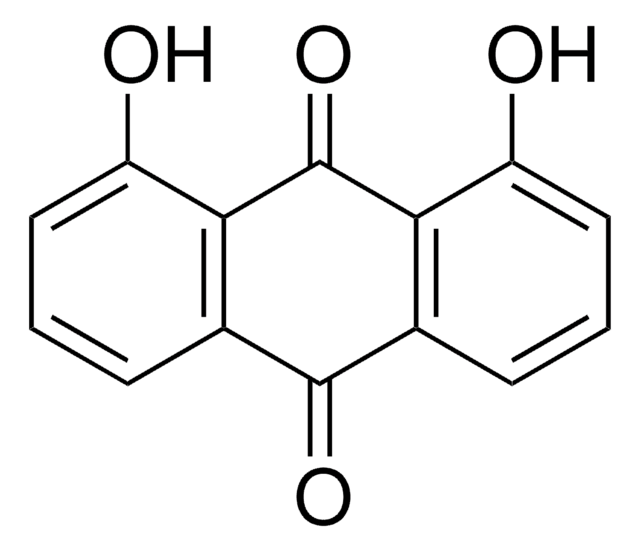

![3-(Furo[3,2-b]pyridin-6-yl)prop-2-yn-1-ol AldrichCPR](/deepweb/assets/sigmaaldrich/product/structures/146/410/de0b3970-73fd-45c3-9720-8144d3929b7f/640/de0b3970-73fd-45c3-9720-8144d3929b7f.png)
